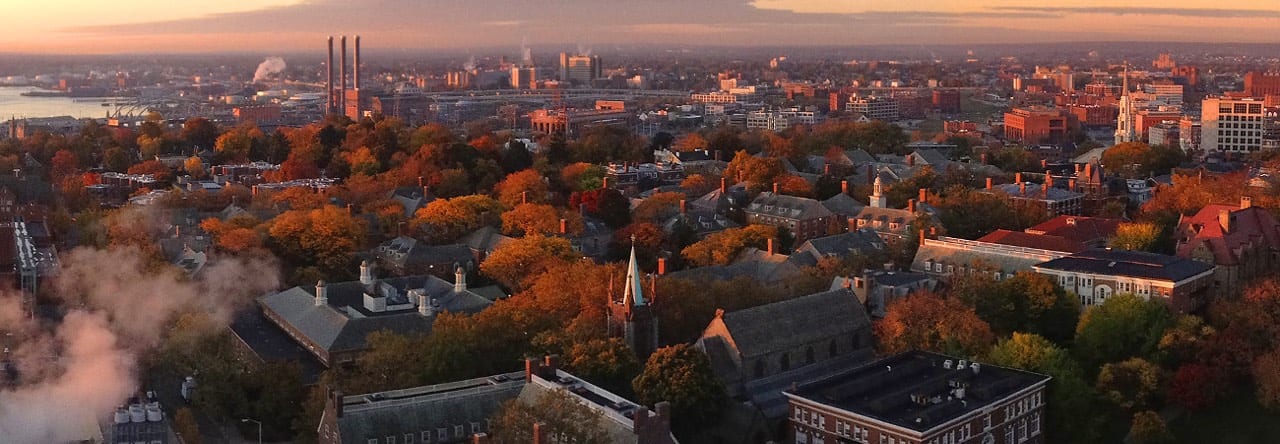
This week, we interviewed Loretta Eboigbe (she/hers), a junior concentrating in psychology. Loretta was born in Italy but currently lives in New York. She identifies as Nigerian. Read our conversation below:
How are you? How’s your junior year?
My junior year is going well. I feel like it took me a while to figure out what I wanted to do. I felt like I could connect that with my interests as a person – it’s been really nice seeing how psychology manifests in different parts of my interests.
I’ve been working on movement art, dance, and that’s been really exciting for me. Thinking about different things I can do to remain well and healthy. I’m definitely trying to prioritize things that make me happy and incorporate them as much as I can instead of making them an add-on or after thought. Institutions like this make it seem like there’s only one way to succeed and thrive. The most important thing I want to take from here is knowing what to do when things get difficult, and not relying on toxic behaviors. I feel much happier during my junior year. I’m in a better mindset of, okay the future is going to be okay and I’m going to be okay.

Something you wish you could tell your freshman year self?
I would tell my freshman year self to give people chances and give myself a chance to know more. I feel like college, especially freshman year, is very idealized. You’re going to find your best friend, and fall in love, and these things may happen temporarily or not at all. I feel like when you have moments with people you might think, these are my people for life, and not to discredit that – because it happens and it’s super great – but there’s still a need to put myself out there, to stop idealizing and not listen as much to the idealized version of what college is supposed to be.
What’s your favorite memory of Brown?
Something that I want to take away from my time at Brown is the experience of dancing with people. Freshman year, I used to dance on the Main Green a lot with my friends. We had so much energy, and I found different spaces through dance groups, attending workshop, classes that incorporate a dance portion. Now I’m doing a free form, not any specific group but trying to make sure I’m putting myself out there. I just went to a salsa social. I love freely dancing with people and just enjoying each other. We talk with our bodies, and the energies we radiate off each other – that’s been my favorite part. I’m realizing that’s a big part of my identity because I’ve been dancing for a long time but never anything formally.
What community at Brown has been most influential in making it feel like home?
I think the MPCs I met during TWTP who are now graduating. I’m going to their graduation. I feel like I met so many of them who literally led the way for me in being a leader and what it means to be a caring and thoughtful leader. I’ve seen them wear different caps, and being there for me when they weren’t required to. They also provided the space for me to be vulnerable and break down when I needed to in the most dramatic way possible.
The Bonner program is another community. Being in that space was really great because it gave me an intentional space to think about what it means to be involved with community engagement and community change, to work with students who are working toward that mission, and it gave us space to talk about our experiences of being here. That was one of the initial communities that shaped the way I think about how I want to be involved with communities outside of my own personal interests.












